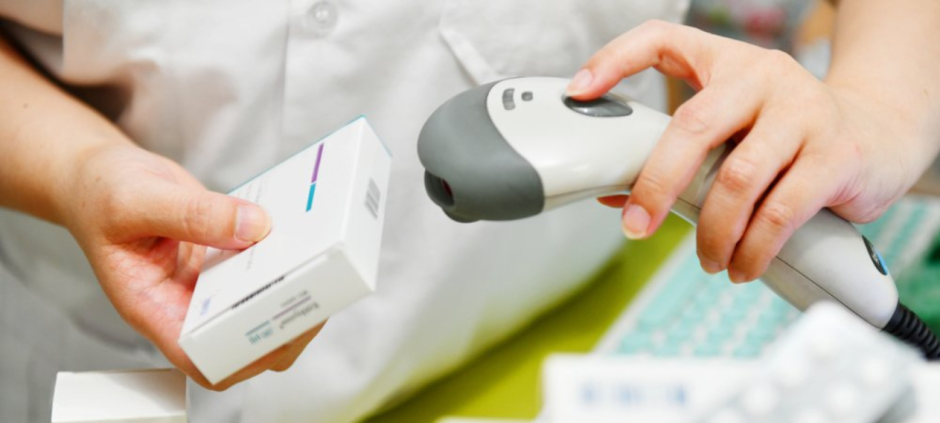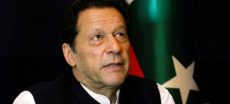Federal Health Minister Syed Mustafa Kamal announced that every medicine sold in Pakistan will carry a barcode within the next three months. This new system will allow consumers to verify the authenticity, expiry date, and other important details of the medicine by scanning the barcode with their mobile phones. The pharmaceutical industry has been given a grace period of three months to comply with this new regulation.
The initiative aims to combat the growing problem of counterfeit and substandard medicines in the country. Fake medicines can pose serious health risks, so this measure is expected to improve patient safety across Pakistan. By enabling buyers to confirm the genuineness of their medicines, the government hopes to restore trust in the healthcare system.
Along with this, the government plans to expand the polio vaccination program. Recent polio cases have been detected in children older than five years, prompting authorities to increase the vaccination age up to 15 years. This expansion will begin in major cities such as Karachi, Lahore, and Peshawar, as well as parts of southern Khyber Pakhtunkhwa. The goal is to achieve complete polio eradication from Pakistan by December 2026.
In addition to these health initiatives, the Drug Regulatory Authority of Pakistan (DRAP) is set to undergo full digitalization. This step is part of broader health reforms aimed at modernizing the healthcare system. The Prime Minister is expected to inaugurate the digitalization project within a week.
The government is also revising the legal framework of the Nursing Council to address the shortage of nurses in the country. Pakistan currently requires 900,000 nurses, highlighting the urgent need for reforms in this sector.
Overall, introducing barcodes on every medicine is a significant move to ensure better safety, transparency, and trust for patients nationwide.The Punjab government has allocated Rs. 3.6 billion to tackle the medicine shortage in hospitals across the province. Read more about this important step at Punjab government allocates Rs. 3.6 billion to address medicine shortage in hospitals. This funding aims to ensure better healthcare access for patients in need.











